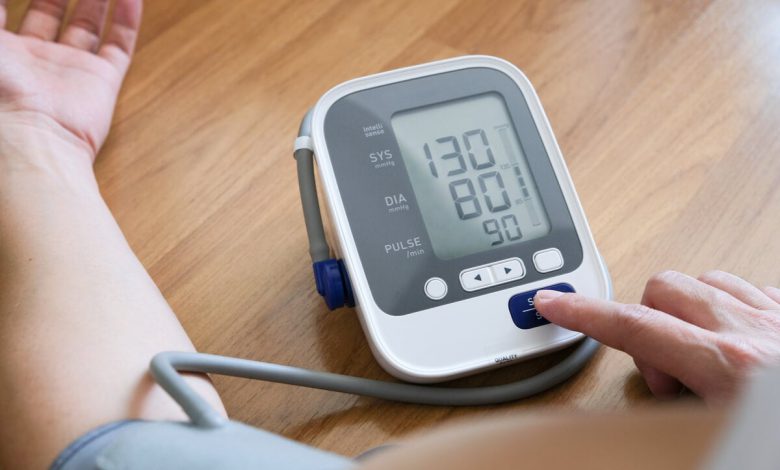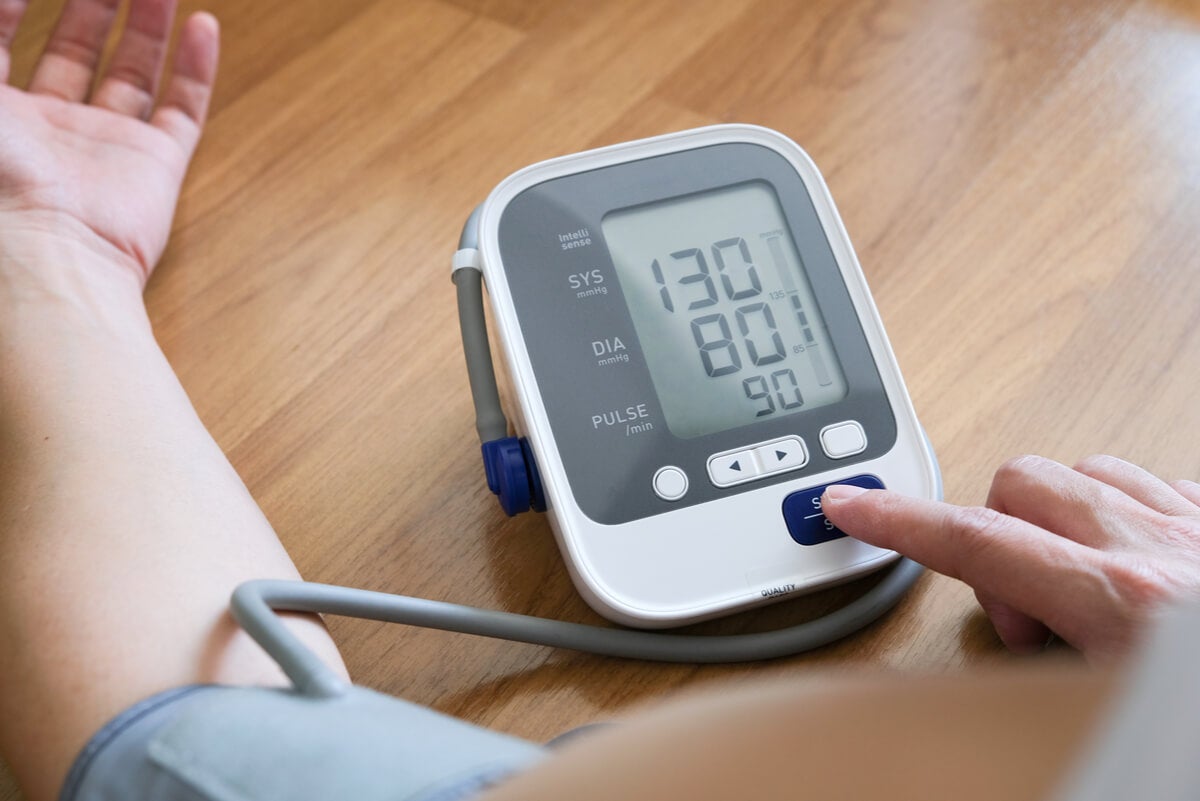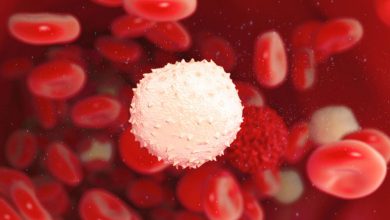10 Benefits Of Melatonin

When it comes to the benefits of melatonin, it is common to associate it with sleep and the regulation of the sleep-wake cycle. However, in recent times its diverse use has been investigated more in other areas.
Serum concentrations of the substance vary considerably with age and babies secrete very low levels before 3 months. Secretion increases and becomes circadian along with child development. Do you know what are the benefits of melatonin? We detail them below.
Melatonin benefits
Melatonin regulates circadian cycles such as the sleep-wake rhythm, neuroendocrine rhythms or body temperature cycles. It also provides other benefits. Discover them!
1. Anticonvulsant
An epileptic seizure and a postictal period, in addition to its dramatic features, are also highlighted by massive energy consumption. This is believed to lead to oxidative stress and increased generation of free radicals, which is reflected in cellular aging and impaired metabolism.
Studies carried out by Physiological Research concluded that giving melatonin prior to a tonic-clonic seizure reduces the levels of hydroxyl radicals generated after it. It is a difficult application in the practical field of the clinic, but it is still being studied.
2. Antihypertensive
Melatonin is involved in the regulation of blood pressure and autonomic cardiovascular function. In patients with essential hypertension, repeated intake before bedtime significantly reduces nocturnal blood pressure.
On the one hand, it shows antioxidant properties and maintains adequate concentrations of nitrogen oxide, a strong vasodilator. On the other hand, it improves the function of the endothelium and reduces the activity of the adrenergic system.

3. Benefits of melatonin for cancer prevention
In a 2017 review of studies, the oncostatic role of melatonin has been demonstrated in various cancers, such as breast, ovarian, prostate, oral, gastric and colorectal. This characteristic is not curative, but it would help to slow down the evolutionary process of certain tumors, so that they slow down their abnormal cell reproduction.
Melatonin also showed the potential to be used as an adjuvant in breast cancer chemotherapy. It appears to enhance the therapeutic effects and reduce the side effects of drugs and radiation.
4. Anti-aging
Topical application of melatonin may be beneficial as it penetrates the stratum corneum and forms a deposit there, due to its distinctive lipophilic chemical structure. In this sense, it can lodge within the structure of the skin to release its benefits progressively.
Therefore, endogenous intracutaneous melatonin production, together with topically applied melatonin, can be expected to represent one of the most potent antioxidant defense systems against UV-induced skin aging.
5. Regulatory of the immune system
Melatonin also regulates inflammatory and immune processes, acting as an activator and inhibitor of these responses. In addition, its powerful antioxidant capacity allows to eliminate oxidative stress in inflamed tissues.
With its endocrine and paracrine effects, it performs the following actions:
- Modulates pro-inflammatory enzymes.
- It controls the production of inflammatory mediators such as cytokines and leukotrienes.
- Regulates the lifespan of leukocytes.
6. Benefits of melatonin as a neuroprotective
A dysfunction of the regulation of melatonin synthesis is responsible for its changes during the early stages of Alzheimer’s disease. Therefore, studies in the Journal of Pineal Research indicate that reactivation of the circadian cycle through phototherapy and supplementation with the substance have shown promising positive results.
A key neuroprotective effect was evidenced that allows its use for the prevention of neurodegenerative diseases characteristic of advanced age. Among them, Alzheimer’s.
7. Antioxidant
Melatonin is a great neutralizing agent for free radicals found in the body. Free radicals are oxidizing substances.
Studies by Life Sciences conclude that melatonin, which is a lipid-soluble compound, is twice as active as vitamin E, which is believed to be the most effective lipophilic antioxidant.
You may be interested: What are antioxidants and what are they for?
8. Gastrointestinal motility
Melatonin prevents ulcerations of the gastrointestinal mucosa through the following:
- Its antioxidant capacity.
- By reducing the secretion of hydrochloric acid.
- Stimulating the immune system.
- Promoting epithelial regeneration within the stomach.
- Increasing microcirculation.
Due to its unique properties, melatonin could be considered for the prevention or treatment of ulcerative colitis, gastric ulcers, irritable bowel syndrome, and infantile colic.
9. Reproductive cycle and the benefits of melatonin
Melatonin has physiological effects on reproduction and sexual maturation, by downregulating gonadotropin-releasing hormone (GnRH) gene expression in a cyclical pattern over a 24-hour period. The rhythmic release of GnRH controls the secretion of luteinizing hormone (LH) and follicle-stimulating hormone (FSH).

10. Autism spectrum disorder
With regard to autism spectrum disorder (ASD), abnormalities in the serotonergic system and sleep-wake rhythm disturbances observed in children with ASD suggest altered melatonin secretion in these children.
Sleep disorders, mainly increased latency, reduced total, and nocturnal awakenings with insomnia, are seen in 50 to 80% of people with autism. A benefit of melatonin could be in the improvement in the quality of life of these patients and their families and caregivers.
Melatonin Recommendations
The body secretes more melatonin at night. The power of the light stimulus that is absorbed during the day, accompanied by the biological clock, determines the total value of the substance secreted by the body.
Before consuming melatonin, it is best to consult your doctor, especially if you have a disease. It will be the professional who determines if it is indicated or not. These benefits that we comment on are, for the most part, still experimental, so each clinical case in particular must be evaluated to define the use.









